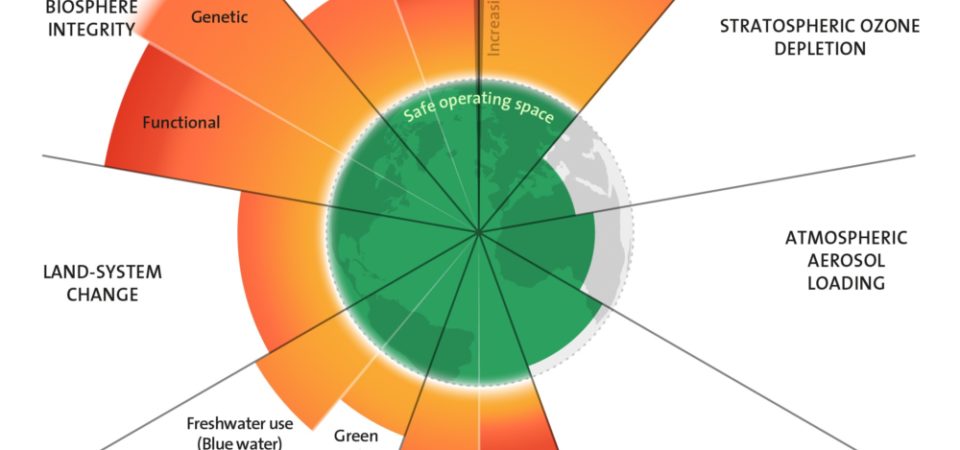Item Link: Access the Resource
File: Download
Publication Info: https://doi.org/10.1177/00368504231201372
Date of Publication: July/September
Year of Publication: 2023
Publication City: Thousand Oakes, CA
Publisher: Sage Journals
Author(s): Joseph J Merz , Phoebe Barnard, William E Rees et al.
Journal: Science Progress
Volume: 106, Issue 3
Abstract
Previously, anthropogenic ecological overshoot has been identified as a fundamental cause of the myriad symptoms we see around the globe today from biodiversity loss and ocean acidification to the disturbing rise in novel entities and climate change. In the present paper, we have examined this more deeply, and explore the behavioural drivers of overshoot, providing evidence that overshoot is itself a symptom of a deeper, more subversive modern crisis of human behaviour. We work to name and frame this crisis as ‘the Human Behavioural Crisis’ and propose the crisis be recognised globally as a critical intervention point for tackling ecological overshoot. We demonstrate how current interventions are largely physical, resource intensive, slow-moving and focused on addressing the symptoms of ecological overshoot (such as climate change) rather than the distal cause (maladaptive behaviours).
We argue that even in the best-case scenarios, symptom-level interventions are unlikely to avoid catastrophe or achieve more than ephemeral progress. We explore three drivers of the behavioural crisis in depth: economic growth; marketing; and pronatalism. These three drivers directly impact the three ‘levers’ of overshoot: consumption, waste and population. We demonstrate how the maladaptive behaviours of overshoot stemming from these three drivers have been catalysed and perpetuated by the intentional exploitation of previously adaptive human impulses. In the final sections of this paper, we propose an interdisciplinary emergency response to the behavioural crisis by, amongst other things, the shifting of social norms relating to reproduction, consumption and waste. We seek to highlight a critical disconnect that is an ongoing societal gulf in communication between those who know such as scientists working within limits to growth, and those members of the citizenry, largely influenced by social scientists and industry, that must act.
Read the full paper here or download it from the link above.

